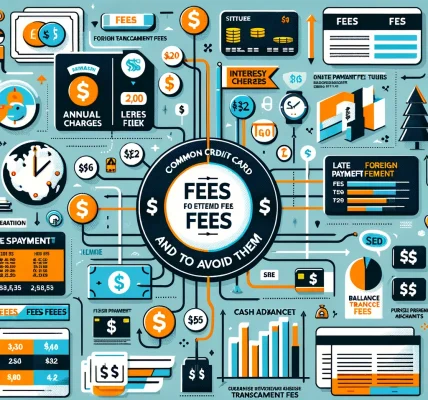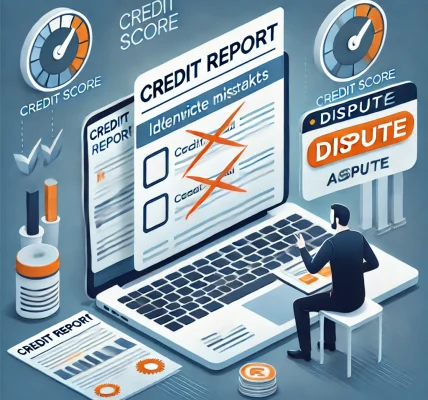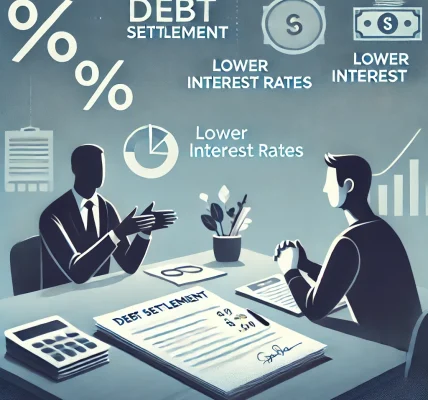Introduction
Handling debt collection agencies can be stressful and confusing, especially if you’re unfamiliar with your rights. The good news is that you have legal protections under the Fair Debt Collection Practices Act (FDCPA) in the U.S. or similar laws in other countries. This guide will help you navigate through the debt collection process while safeguarding your rights and avoiding legal trouble.
1. Understanding Debt Collection Agencies
What Are Debt Collection Agencies?
- Explanation of what these agencies do
- Why they contact you
- The difference between original creditors and debt collection agencies
When Do They Get Involved?
- What triggers the involvement of a collection agency
- How long it takes for a debt to be sent to collections
2. Know Your Rights Under the Law
The Fair Debt Collection Practices Act (FDCPA)
- Overview of the FDCPA and its importance
- Key provisions protecting you:
- Right to be treated respectfully and without harassment
- Right to dispute the debt
- Right to request written validation of the debt
Other Relevant Laws
- Mention of other legal protections depending on the country (e.g., Consumer Protection Act in India, the Debt Collection Act in the UK, etc.)
- How these laws vary by location
3. Steps to Take When a Debt Collector Contacts You
Stay Calm and Don’t Panic
- The importance of staying calm in stressful situations
- Tips on how to manage your emotions and actions
Verify the Debt
- How to ask for proof of the debt
- Why validation of the debt is essential
- What happens if the debt collector can’t validate the debt
Don’t Admit the Debt Without Verification
- Legal risks of acknowledging a debt without confirmation
- How doing so could affect your credit
4. How to Respond to Debt Collectors
Written Communication Is Key
- Why you should communicate in writing
- Sample letters for disputing a debt or requesting more information
- Keep records of all communication
Negotiating a Settlement or Payment Plan
- How to approach negotiations with debt collectors
- Things to consider before agreeing to a payment plan
- How to protect yourself legally during negotiations
Know When to Say No
- When to refuse a settlement offer
- How to tell if an agency is violating your rights or making unreasonable demands
5. Handling Harassment or Unlawful Practices
What Counts as Harassment?
- Examples of illegal practices by debt collectors (e.g., calling at all hours, using threats or obscene language)
- Your right to sue if harassment occurs
File a Complaint
- How to file a complaint with the Consumer Financial Protection Bureau (CFPB) or equivalent agencies
- How legal action can help stop further harassment
6. How Debt Collection Affects Your Credit
Impact on Your Credit Score
- What happens to your credit score when a debt is in collections
- How long it stays on your credit report
- Steps to take to mitigate the damage
Improving Your Credit After Collection
- How to repair your credit after debt collection
- The importance of making payments on time moving forward
- Tips for disputing inaccurate information on your credit report
7. Seeking Legal Help: When to Consult a Lawyer
When to Hire an Attorney
- Signs that you need professional legal assistance
- The benefits of hiring a lawyer during debt collection disputes
- How to find a qualified consumer protection attorney
Conclusion
In dealing with debt collection agencies, knowledge is power. By understanding your legal rights and using the strategies outlined above, you can protect yourself from harassment and avoid falling into legal traps. Always ensure that your actions are in compliance with the law, and when in doubt, consult with a legal expert to safeguard your financial future.




